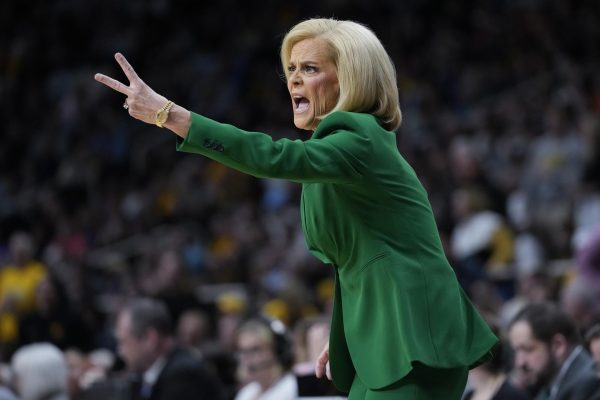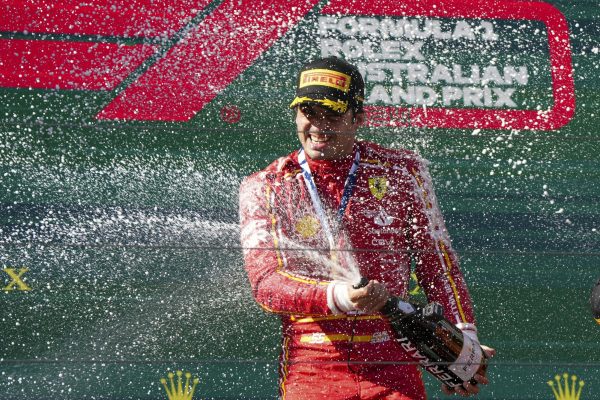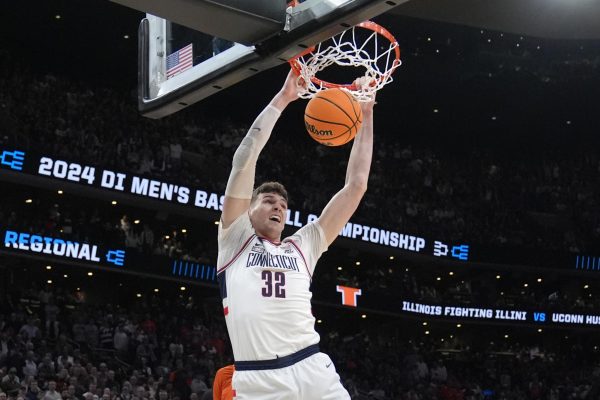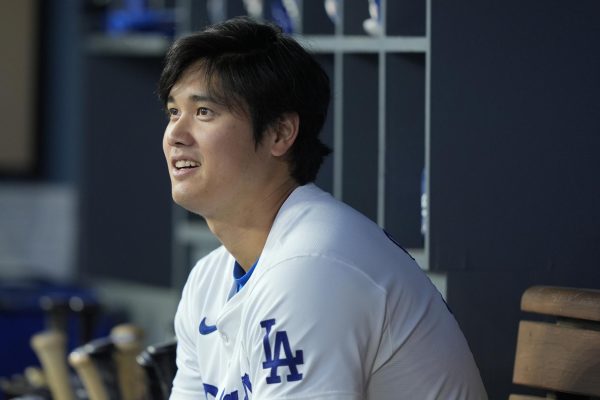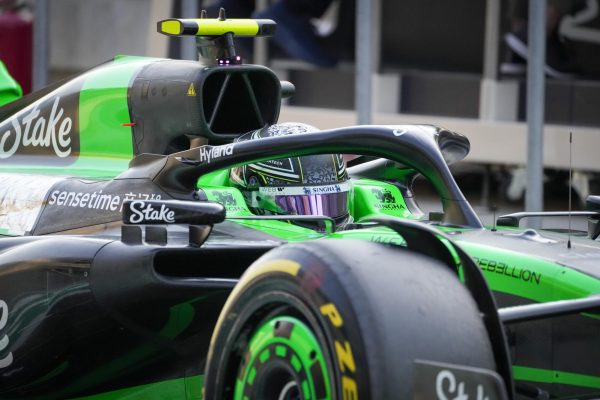Countdown to South Africa: Group H
Group H presents the postcolonial conflicts under which the World Cup seems to thrive. European champions Spain headline the group, matched with their former New World possessions, Honduras and Chile. The Chileans are making their first appearance in the tournament since 1998, while Honduras will exhibit itself on the world’s biggest stage for just the second time, their debut having come in 1982. Switzerland round out the group, making their second-consecutive trip to the World Cup, but just their third in the last 40 years.
Chile
The Chilean national football team surprised football experts around the world by finishing in second place in the CONMEBOL qualifiers with a 10-5-3 record, a single point behind Brazil. Their key to qualification was their high-powered offense, which scored 32 goals in 18 games. It was crucial, since a porous Chilean defense allowed 22 goals in the campaign. Chile went 5-2-2 at home, earning important victories over Argentina, their first ever, and Colombia, as well as disappointing ties against Uruguay and Venezuela.
Chile was almost as successful away from home, finishing 5-3-1. Their play was quite peculiar, as they scored 14 goals at home and only allowed eight, yet on the road they both scored and allowed more.
Chile has appeared in a total of eight tournaments, most recently in 1998. Their best World Cup was in 1962, when they hosted the tournament, finishing in
third place.
Player to watch: Real Zaragoza’s Humberto Suazo is eighth on the all-time scoring list for Chile, having scored 17 goals in 41 games, ten of which came in these World Cup qualifiers. At 29 years of age, he has experience that others simply do not have. His prolific talent for scoring, will position him as Chile’s go-to guy this summer, especially when facing off against good defensive teams in Spain
and Switzerland.
Honduras
Honduras qualified for the World Cup out of CONCACAF, one of the weakest confederations in the world. In doing so, they surprised many experts, beating out the heavily-favored Costa Ricans, who had appeared in the last two editions of the tournament. They were dominant at home, winning eight of their nine home qualifying matches, including two impressive wins over Mexico. Their only home loss came to the United States, falling
to a Conor Casey double and a Landon
Donovan goal that capped off the performance.
Honduras’s qualification came down to the last second of qualifying, literally. After beating El Salvador on the road on the final day of qualifying, Honduras needed the United States to earn at least a draw against Costa Rica in Washington, DC. Costa Rica jumped out to a two-goal lead, but a 71st minute goal from Michael Bradley set the stage for the most dramatic finish in CONCACAF history. In the fifth minute of second half stoppage time, a Landon Donovan corner found the head of Jonathan Bornstein, who headed past the Costa Rican goalkeeper to give the United States a 2-2 draw, taking two points away from Costa Rica, propelling Honduras to third place in the group, good for automatic qualification. Bornstein has since become a legend in Honduras, and was invited to vacation in the Central American country by none other than the Honduran President,
Roberto Michelleti.
Honduras’ lone appearance in a FIFA World Cup occurred in 1982, when it was hosted by Spain. Despite earning two draws, and remaining level with Yugoslavia until the waning moments of their match, Honduras failed to advance out of the group stages, and has been absent from the world stage
for the past 28 years.
Player to watch: Real España’s Carlos Pavón, at the age of 36, is a veteran. He is also, however, Honduras’ all-time leading scorer and still their most dangerous player. Pavón has scored 57 goals for his national team in 97 appearances. In 33 games for Real España this season, he has scored 17 goals, his highest total since the 2005-2006 season, so he is obviously still capable of putting the ball in the net. As one of Honduras’s veterans, he is expected to lead the team in their
second-ever tournament.
Spain
Spain is ranked first in the FIFA World Rankings and is a clear favorite to win the World Cup come July. And so they should be. Since February 2007, Spain has lost once, falling to the United States, 2-0, in last summer’s Confederations Cup semi-final. Over this time span, Spain has amassed a ridiculous record of 41 wins, three draws, and just that one loss. From 2007-2009, they went unbeaten for 35 matches, a world record.
The talent that Spain possesses borders on the absurd. Goalkeeper Victor Valdes, the starter for Barcelona since 2003 and widely regarded as one of the best goalkeepers in the word, has never appeared for Spain. Ever. Cesc Fabregas, Arsenal’s dynamic midfielder who is the lynchpin for one of England’s top clubs, started in just three of Spain’s 10 World Cup qualifiers. The talent keeping them off of the field reads like a collection of all-stars. Iker Casillas, at just age 28, has amassed 102 caps in goal for La Furia Roja. In midfield, Xabi Alonso, Xavi and Andres Iniesta would be the key player for any nation in the world. When on the same team, they combine to form the strongest midfield any club or country can
put forward.
The beneficiaries of this midfield are the strikers, who even on their own are among the best in the world. Valencia’s David Villa has netted 37 goals in 55 matches for Spain, 202 goals in 377 matches for his various club teams, and is currently the third-leading scorer in La Liga. Paired up top with Villa is Fernando Torres, whose 23 goals in international competition look disappointing, but his role with Spain is more that of a support striker, rather than
being the primary goalscorer.
Not to be forgotten is the Spanish defense, which is among the world’s best. Sergio Ramos and Gerard Pique are the next generation of defensive stars in football, combining great defense with the ability to play the ball out of the back with the precision of a midfielder. Veterans Carles Puyol and Joan Capdevilla provide the experience necessary for a deep Spanish run in South Africa, one that has the potential to be among the best World Cup performances in the 80-year history of the tournament.
Player to watch: Barcelona midfielder Xavi Hernandez, usually referred to by just his famous first name. Spain has long had a history of high expectations, followed by disappointment in big tournaments. This trend reversed in Euro 2008, when the Spanish dominated, taking out Italy, Russia, and Germany on the way to their second European Championship, with Xavi as the team’s centerpiece. He was given the Player of the Tournament award, yet he remains underappreciated by fans around the world. Xavi will again prove key to Spain’s success, and could carry them to their first
World Cup title.
Switzerland
The Swiss made it to South Africa on the back of a solid, if wholly unspectacular, qualifying performance. In one of UEFA’s weakest groups, Switzerland scored more than two goals just once, but also never allowed more than two. Their performance ranged from the impressive (beating Greece, 2-1, in Piraeus) to the dismal (losing, 2-1, to Luxembourg in Zurich). Though they eventually came out on top of their qualifying group, their play was nothing to write
home about.
In order for Switzerland to do well in South Africa, they will have to rely on their defense, just as they did in Germany 2006. In that edition of the World Cup, the Swiss did not allow a single goal in either the group stages or their second round match, where they fell to Ukraine on penalty kicks, thus making Switzerland the first country in history to not concede a regular-time goal in the tournament. Their defensive unit from 2006 has remained largely intact over the past four years, with Johan Djourou, Philippe Senderos, Christoph Spycher, and Ludovic Magnin still featuring prominently.
With the defense well-accounted for, questions arise on the offensive part of the field. Switzerland possesses a number of players capable of producing magic, but those attackers are typically not on the same level of those on the rosters of their group opponents. Bayer Leverkusen midfielder Tranquillo Barnetta is one of the up-and-coming offense threats on the Swiss team, having picked up 50 caps for his country, despite being just 24 years old, and will have to produce for the Swiss to progress this summer.
Player to watch: FC Basel striker Alexander Frei. The Swiss legend has scored 40 goals for his country during his nine-year international career, and will hope to add to that total in South Africa. With a consistent defense behind him, Frei will not have to worry about contributing to the team’s defensive effort. He will instead have to focus on converting the few chances he is likely to get.
Contact Michael LeClair at [email protected] and Jaime Heilbron at [email protected].


